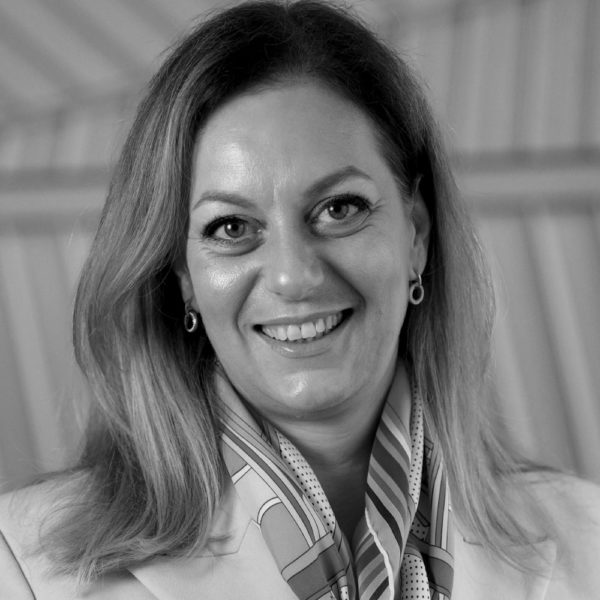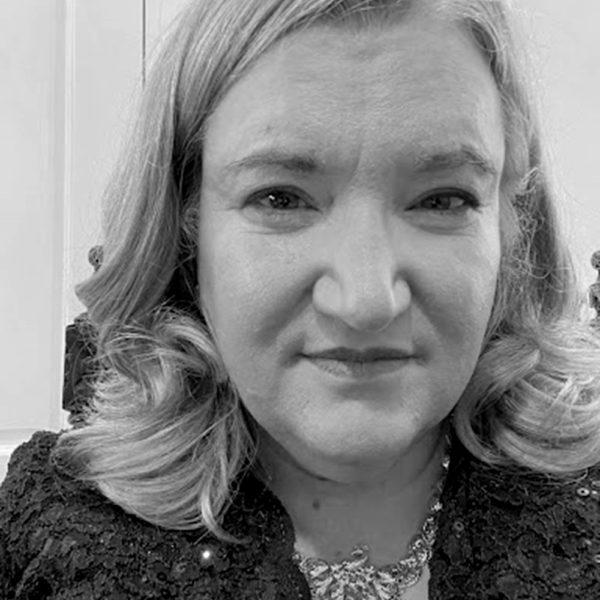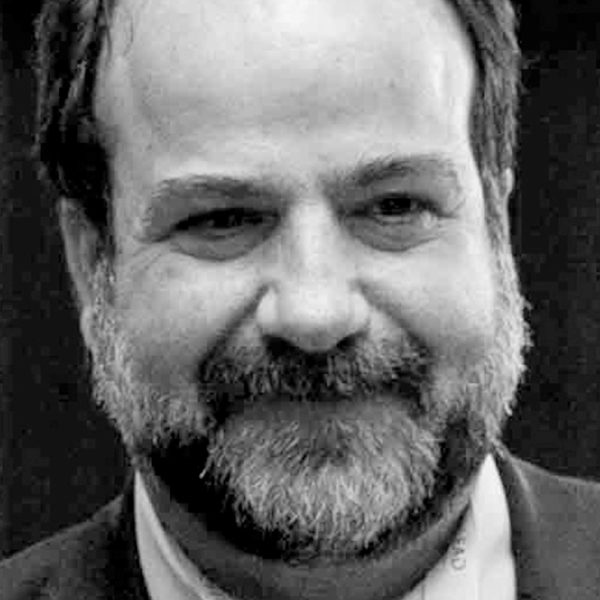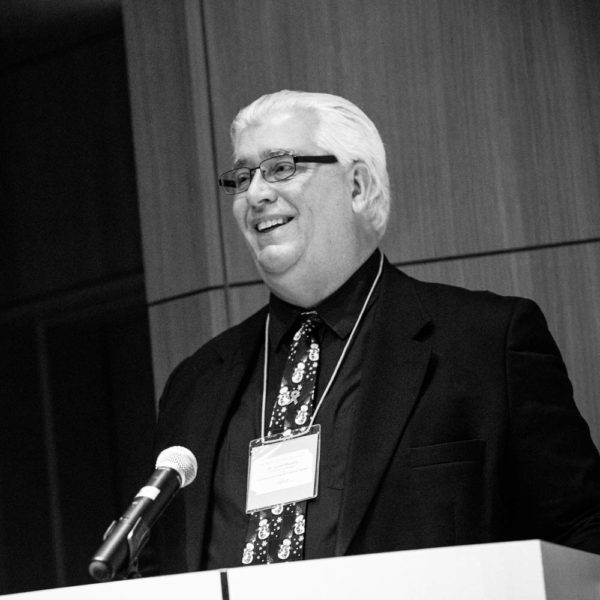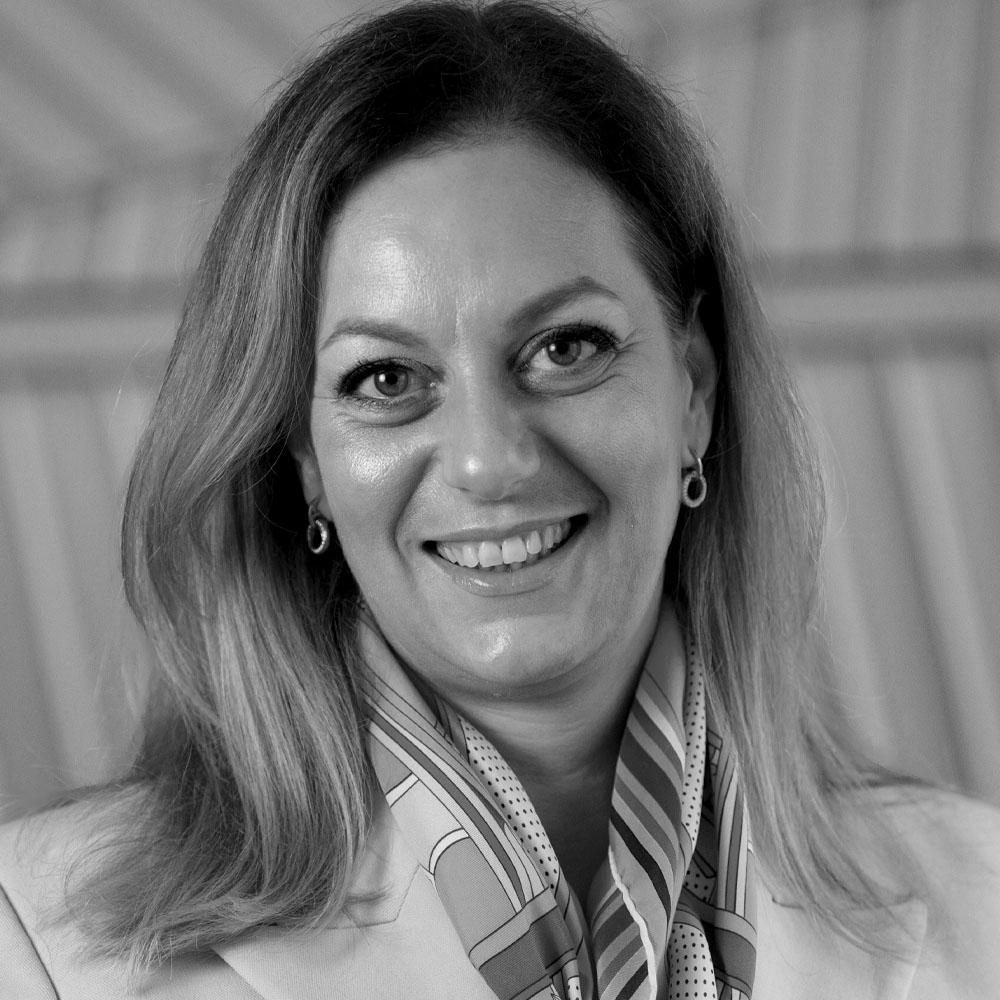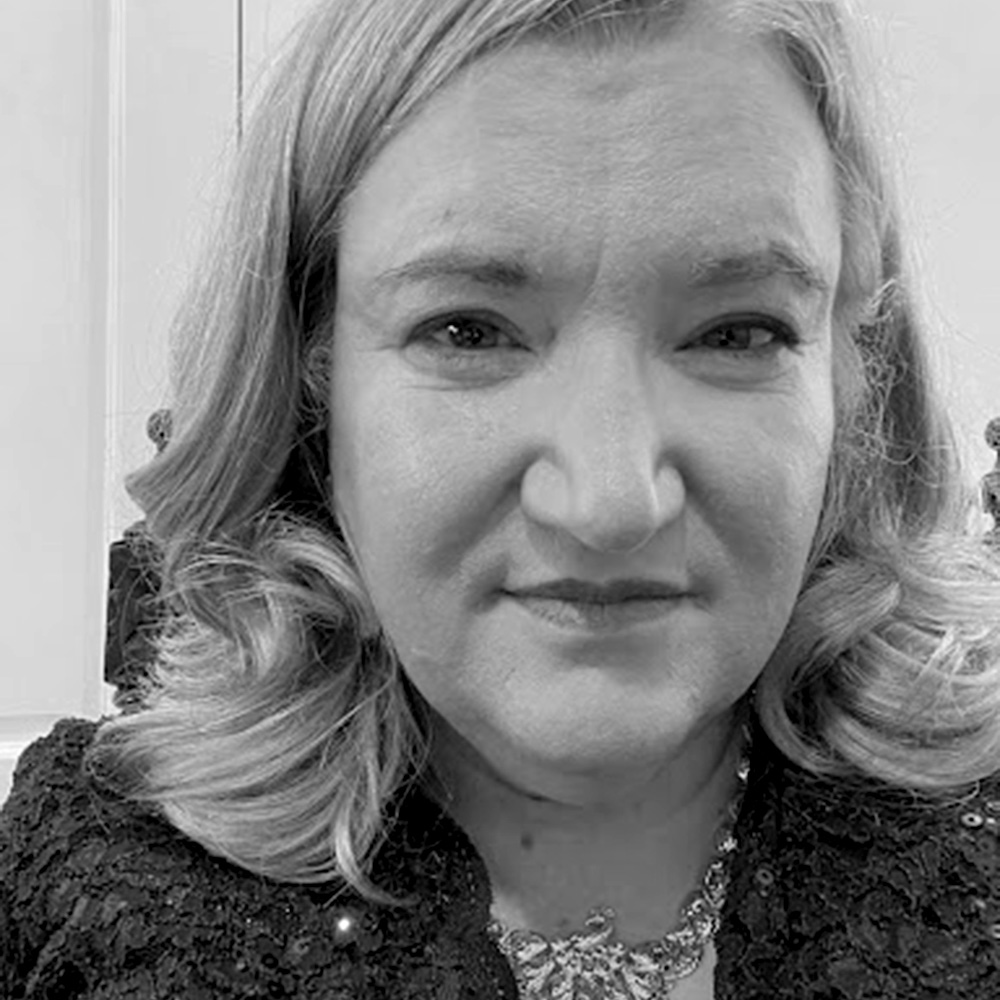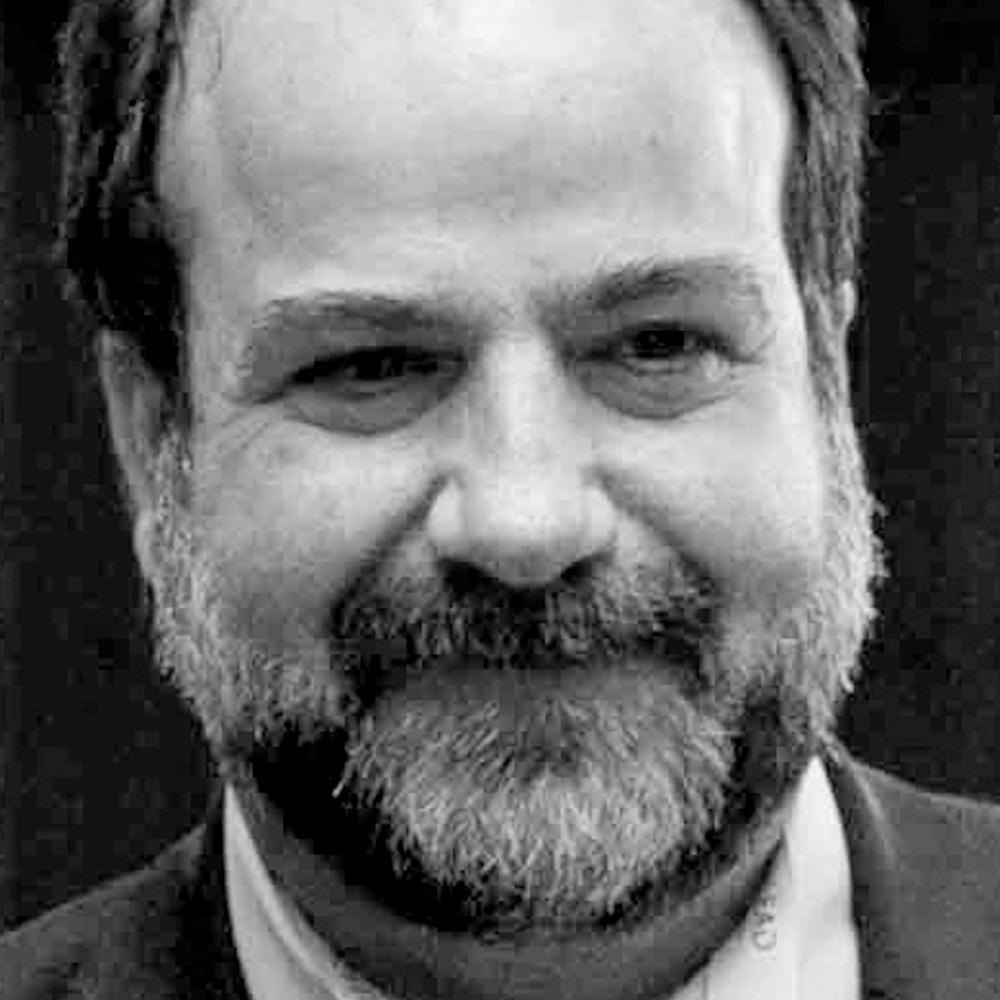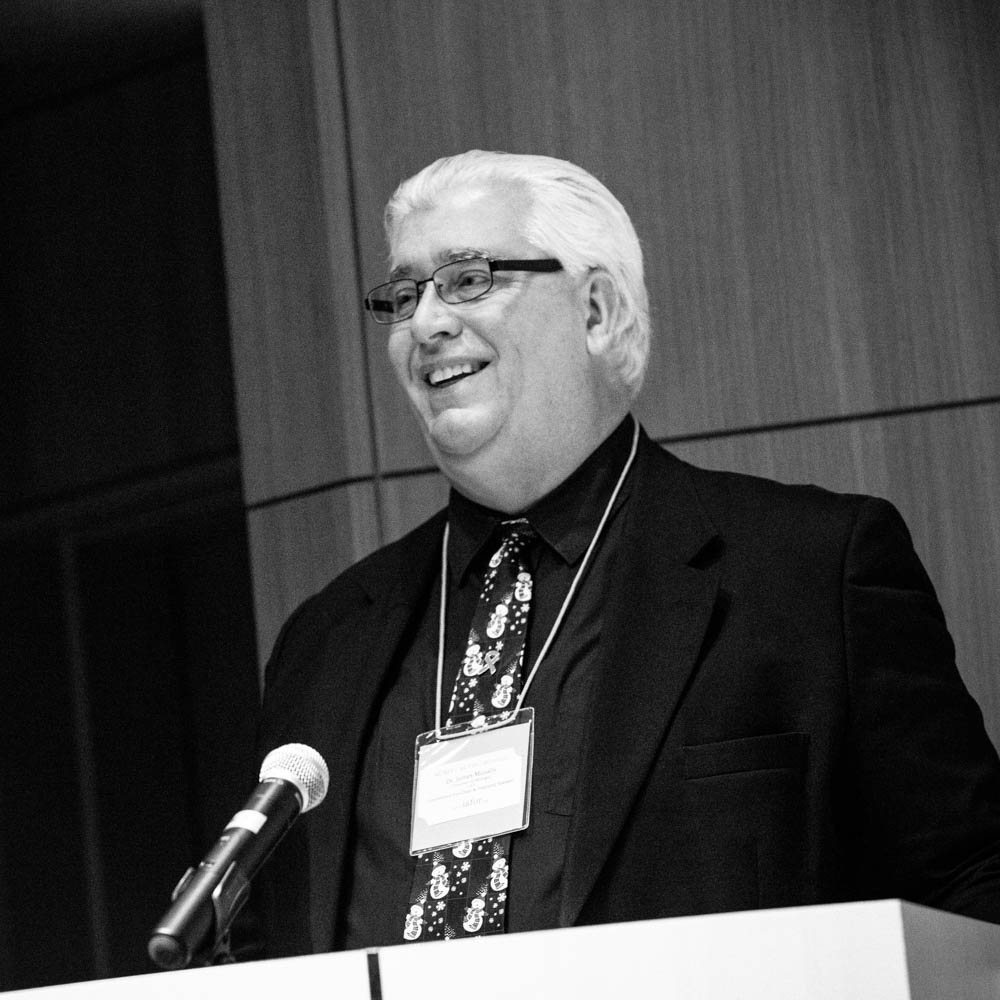EGen2022
July 14–17, 2022 | Institute of Education, University College London (UCL), UK
Speakers
-
Evangelia ChrysikouUniversity College London, UK
-
D’Maris CoffmanThe Bartlett School of Sustainable Construction, UK
-
Christos HadjichristodoulouUniversity of Thessaly, Greece
-
Kathryn M. LavenderNational Archive of Computerized Data on Aging (NACDA), United States
-
James W. McNallyUniversity of Michigan & NACDA Program on Aging, United States
-
Miriam WeberGemeente Utrecht, Netherlands
Programme
-
Leisure Activities and Ageing: Cruising During the “Golden Years”Keynote Presentation: Christos Hadjichristodoulou
-
Featured Interview with Miriam Weber, WHO European Healthy Cities Network Chair for Utrecht, NetherlandsFeatured Interview: Miriam Weber & Evangelia Chrysikou
-
NACDA: Data on Aging Resources from Research Ideation to Long-Term Preservation and SharingWorkshop Presentation: James W. McNally & Kathryn Lavender
Organising Committee
Conference Chair
Evangelia Chrysikou
Bartlett School of Sustainable Construction
University College London
United Kingdom
Committee Members
-
Marilyn Aviles, Institute of Healthcare Engineering, UCL, United Kingdom
Dimitrios Buhalis, Bournemouth University Business School, United Kingdom
Dorina Cadar, Brighton & Sussex Medical School, United Kingdom
Stefano Capolongo, Polytechnic University of Milan, Italy
Carina Dantes, SHINE 2Europe, Portugal
Eddy Davelaar, Department of Psychological Sciences, Birkbeck, University of London, United Kingdom
Isaiah Durosaiye, School of Architecture, University of Sheffield, United Kingdom
Joseph Falzon, Centre for Research & Innovation, Malta
Ava Fatah, Bartlett School of Architecture, UCL, United Kingdom
Joseph Haldane, The International Academic Forum (IAFOR), Japan
Paul Higgs, Faculty of Brain Sciences, UCL, United Kingdom
Fernando Loizides, School of Computer Science & Informatics, Cardiff University, United Kingdom
Christina Malathouni, School of Architecture, University of Liverpool, United Kingdom
Paul McGarry, Greater Manchester Combined Authority, United Kingdom
James W. McNally, University of Michigan & NACDA Program on Aging, USA
Elena Petelos, Faculty of Medicine, University of Crete, Greece & Faculty of Health, Medicine & Life Sciences, Maastricht University, Netherlands
Haruko Satoh, Osaka University, Japan
Eleftheria Savvopoulou, SynThesis Architects, Greece
Anastasios Tellios, School of Architecture, Aristotle University of Thessaloniki, Greece
Georgios Tsakos, Institute of Epidemiology & Health Care, UCL, United Kingdom
Chariklia Tziraki-Segal, Hellenic Mediterranean University, Greece & Melabev: Community Club for Elders, Israel
Antoinette Vietsch, Politician (Former MP), Architect, Healthcare Planner, the Netherlands
Greg Williams, University of Manchester, United Kingdom
Student Organising Committee
Cai Chengli, UCL, United Kingdom
Xin He, UCL, United Kingdom
Daryia Krivosheina, UCL, United Kingdom
Pakwan Roopkaew, UCL, United Kingdom
Austreberto Lopez Sanchez, UCL, United Kingdom
Christina Anastasia Tsami, UCL, United Kingdom
Eunsil Yang, UCL, United Kingdom
EGen2022 Review Committee
- Dr Evangelia Chrysikou, University College London, United Kingdom
- Dr Isaiah Durosaiye, University Of Sheffield, United Kingdom
- Professor Joseph Falzon, The Malta College of Arts, Science And Technology, Malta
- Dr Christina Malathouni, University Of Liverpool, United Kingdom
- Dr Jonas Rehn, Darmstadt University Of Applied Sciences, Germany
- Eleftheria Savvopoulou, The Bartlett Real Estate Institute, University College London, United Kingdom

